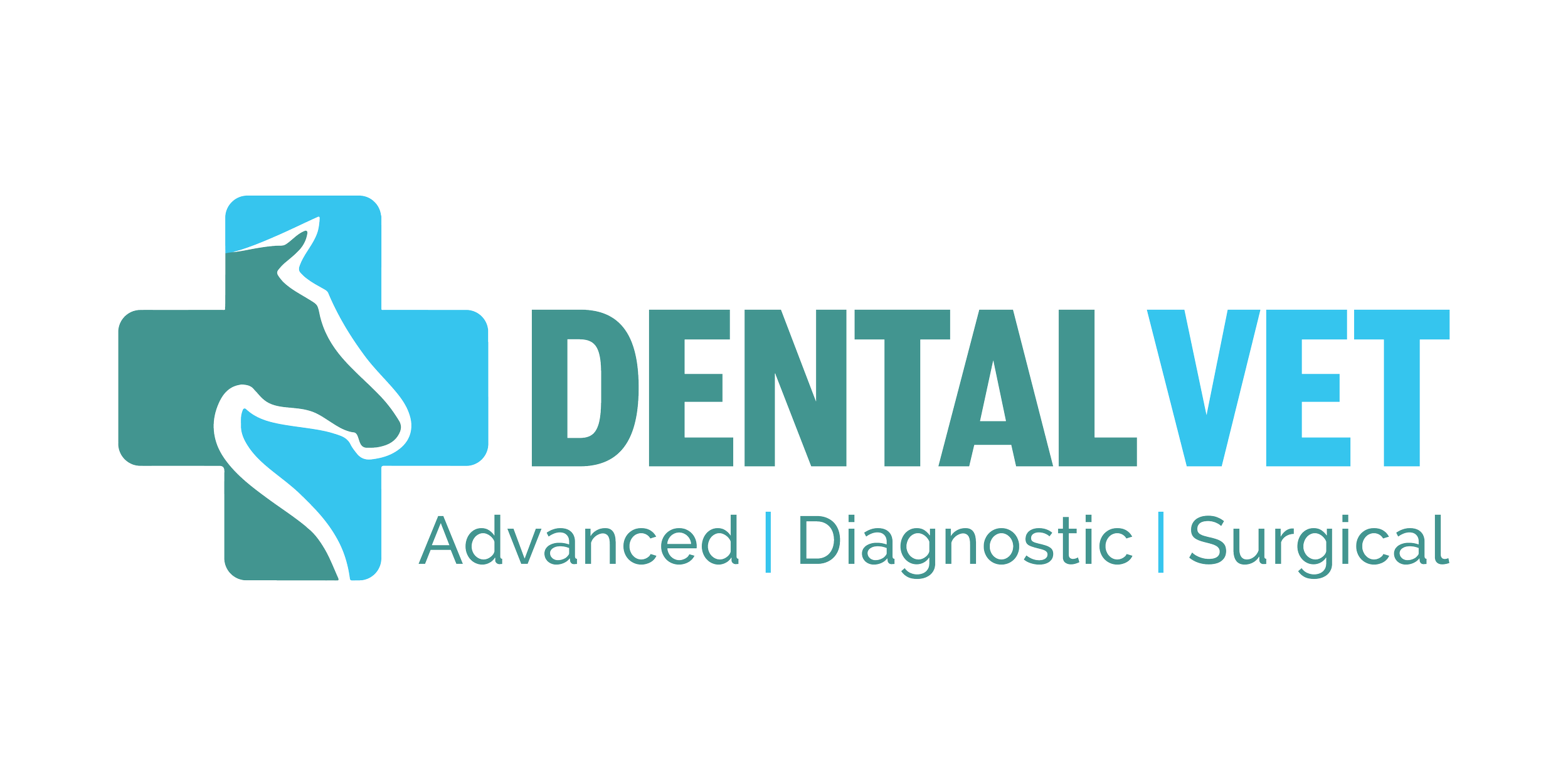What is a Veterinary Referral?
Whether you have a challenging case you wish to collaborate on or would like to refer, Dental vet is here to help.
The dental service goes over and above floating and balancing teeth. Dental Vet approaches an oral problem as any vet would approach an orthopaedic or internal problem: clinical, science based and holistic exam. Floating and balancing teeth is only a small portion in the available treatment options.
Dental Vet can support referring Vets and Patients in different ways.
Routine Dentistry
60-80% of ‘routine’ dental patients require restricted veterinary therapy in addition to any traditional floating and balancing teeth (odontoplasty). Dental vet can support you to identify these patients and experience a massive boost in their welfare. Furthermore, horses presented to veterinarians with disorders such as PPID or poor performance require specific oral diagnostics and this area has a serious growth potential for veterinarians. Marieke is only a phone call away for support with individual cases. We can help you advance your skill at accredited CVE courses and you are welcome to contact Marieke to arrange peer to peer learning activities.
Advanced Odontoplasty
For horses with severe malocclusions, Dental Vet can work with you to form a treatment plan. Marieke can safely treat your patient and refer the horse back into your care or work together by alternating the advanced dental exams with the dental care your practice provides..
Extractions and other surgical procedures
Dental vet offers extractions in the standing horse. The success rate of orally extracting teeth is excellent. Most teeth can be orally removed, even the ones you may think require repulsion or invasive removal. Horses generally accept an oral extraction well and thrive after pathology is removed. An ever expanding set of surgical procedures on the head is available in the standing horse.
Digital imaging
Dental vet offers modern cordless digital radiography. Being experienced in correct positioning and in identification of pathological changes makes a powerful tool to get a correct and early diagnosis.
Endodontic procedures
Pulpotomies and pulp caps are routinely performed to treat acutely injured pulp. For instance in incisors with a (sub-) acute fracture or pulp that has been mechanically exposed by over-rasping or cutting. Other endodontic treatments are available on a case by case basis. Please get in touch to explore your patient’s options.
Periodontal treatments.
Dental vet offers a range of periodontal treatments with excellent results. This includes sanitising the areas affected through use of veterinary instruments and medicated rinses, topical RVMs, periodontal dressings or semi permanent bridges and diastema widening. Evaluation of endocrine disorders such as PPID, evaluation of diet, poor performance and radiography are often used in the diagnostic process. Studies show periodontal disease is the most common disease (up to 70%) in the horse! And while traditionally it appears to have been the most ignored pathology in the horse, demand from horse owners and the ability to successfully treat periodontium is growing exponentially. Note that periodontal diagnoses and treatments are restricted to veterinarians.

